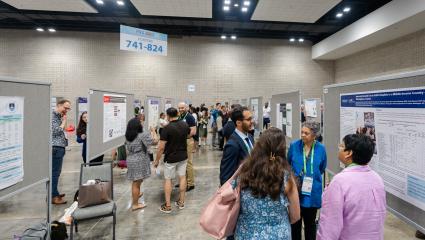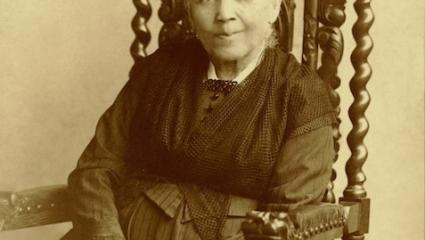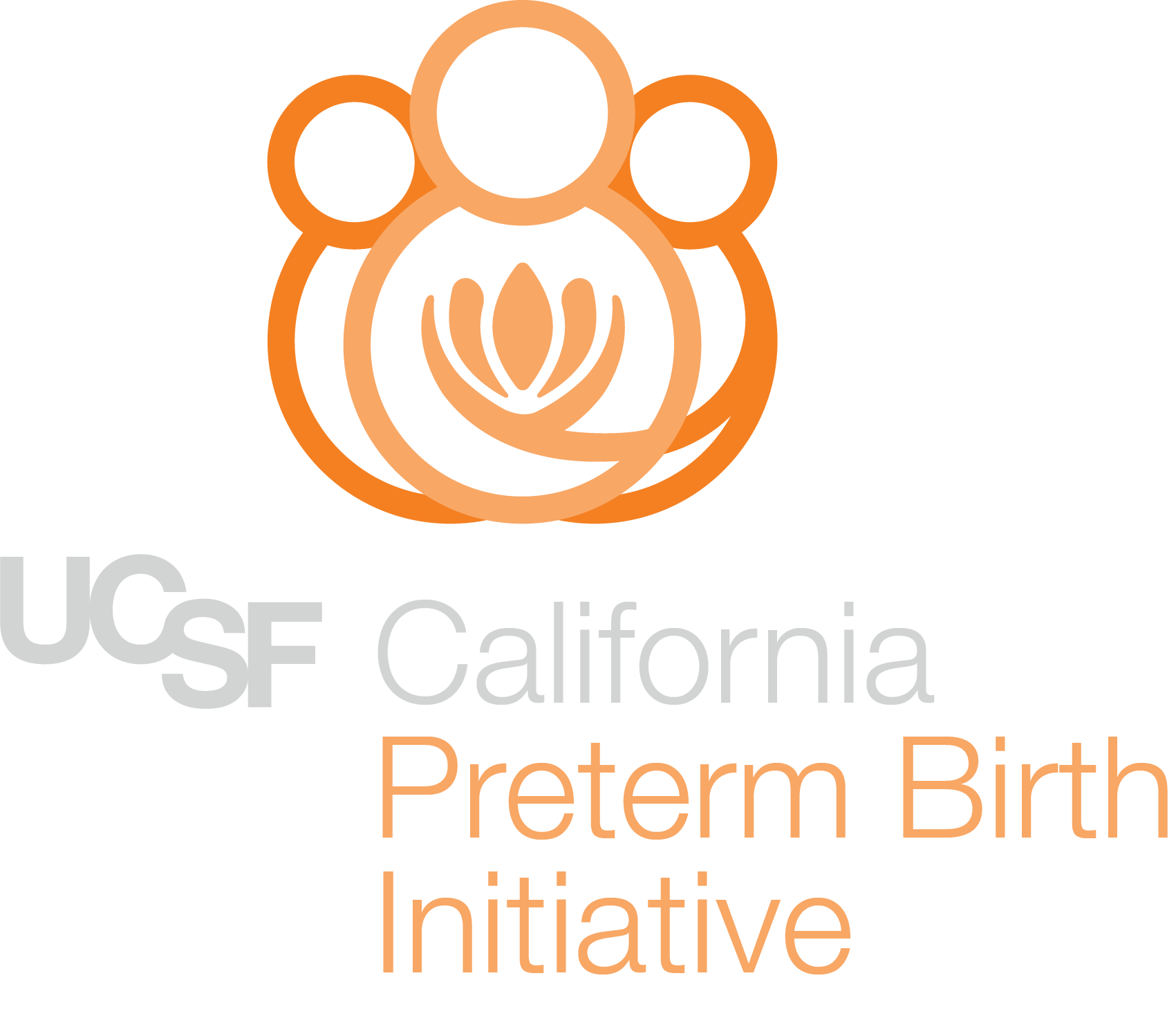

Implicit bias training is now mandated for providers in California. Designed to tackle the racial disparity gap in maternal health outcomes, the intent of SB464 is to improve clinical outcomes for Black women and birthing people. However, it is unknown whether implicit bias training has a significant impact or what factors could maximize its impact. To gain insights into this question, researchers started the MEND study. Through interviews and focus groups, the MEND study has gathered insights from perinatal clinicians and Black mothers in order to identify key challenges and opportunities for effective clinician implicit bias training.
During our September Collaboratory, the MEND study team, made up of interdisciplinary researchers and community advisors, shared their results. Together, we can develop a deeper understanding of implicit bias training, its potential, and how to make the most of this historic state-wide intervention.
Learn More about the MEND Study
Learning Objectives
- Understand how bias and racism are a problem in the delivery of care in maternal health systems.
- Identify challenges and opportunities to provide effective clinician implicit bias training as shared by patients and providers in the MEND study.
- Identify how you can act on MEND practice and policy recommendations to reduce bias and its effects in maternal healthcare.
Additional birth equity resources for patients, providers, and health system leaders
Speakers

Linda Jones | Co-investigator & Community Advisor, MEND Study
Linda Jones is a birth and postpartum doula, photographer and mother, grandmother and great-grandmother who lives in Oakland, CA. She owned Waddle and Swaddle Birth Resource Center in Berkeley, CA from 2000 to 2010 and has been a part of the natural birth advocacy and birth justice community in the Bay Area for over three decades. She is a co-founder of Black Women Birthing Justice, and is a co-author of Battling Over Birth; Black Women and the Maternal Health Care Crisis in California. Linda’s recent work has been centered around training and mentoring people of color to be doulas for low-income people of color.

Julie Harris | Collaborator & Community Advisor, MEND Study
Julie Harris is a native of San Francisco. Julie is an executive program coordinator for PTBi and has worked as a consultant for reproductive justice, maternal, paternal & children’s health, health & wellness, childhood development and parent resource community development. She has dedicated her work to improving the disparities impacting melanated and marginalized communities. Julie is a mother of three children. She has had women very close to her experience pre-term births, which has made it a cause she holds close to the chest. Julie would like to see saturation in awareness of preterm birth and increased knowledge of preconception health in her community.

Breezy Powell | Collaborator & Community Advisor, MEND Study
Breezy Powell is a soft heart yet strong-minded leader, visionary, teacher, and more. She is a certified massage therapist, doula, and dance instructor based in the Bay Area. She is currently the administrative assistant to PTBI's San Francisco Collective Impact partner, Expecting Justice. Her nurturing and vibrant energy inspires and opens people up to experience their own self love, joy, and healing like no other.
Sarah Garrett | Principal Investigator, MEND Study
Sarah B. Garrett, PhD, is a medical and cultural sociologist. She works to promote health equity via stakeholder-informed mixed-methods research, focusing in particular on maternal health. She is faculty in the Philip R. Lee Institute for Health Policy Studies (IHPS) and the Department of Humanities & Social Sciences at UC San Francisco. She received her PhD from the University of California, Berkeley. Currently, Sarah’s research focuses on hospitals' efforts to advance maternal health equity. The MEND study, which concludes this year, focuses on clinician implicit bias training, which hospitals and alternative birthing centers in California are required to provide every two years. MEND2, launched this summer, investigates a broader range of steps hospitals are taking to advance maternal health equity.
Brittany Chambers | Senior Advisor, MEND Study
Brittany Chambers, PhD is an assistant professor at UC Davis and community health scientist dedicated to advancing sexual and reproductive health equity among Black, Indigenous, and Other People of Color (BIPOC). She merges critical and public health theories to partner with BIPOC women, birthing people, and organizations to better understand, operationalize and dismantle racism. Currently, Dr. Chambers is developing and piloting testing a racial equity training for perinatal care providers, funded by the NIH’s National Institute on Minority Health and Health Disparities.

Nourbese Flint | Senior Director of Black Leadership and Engagement, Planned Parenthood Federation of America
Nourbese Flint is currently the Senior Director of Black Leadership and Engagement for the Planned Parenthood Federation of America. Prior to this role, Nourbese served as Director of Public Policy and Director of Policy Civic Engagement for Black Women for Wellness (BWW). She directed environmental and reproductive health work, organized community advocacy, and worked on policy, including key maternal health legislation: California Senate Bills 464 and 65. Before joining BWW, Nourbese studied women’s health in both Spain and Cuba and journalism in Scotland. Nourbese communication’s background includes serving as communication director for the Center of Women’s Health and Human Rights, as well as reporting for KPFK evening news in Los Angeles. Nourbese has a Master of Arts in Women’s Health from Suffolk University, where she specialized in health disparities as it relates to media influence. Nourbese is a founding member of Trust Black Women; a national coalition dedicated to increasing respect and support of Black women and is an active member of the Women’s Intercultural Network. Nourbese is a proud alumnus of San Jose State University, where she majored in Broadcast Journalism and African American Studies.



